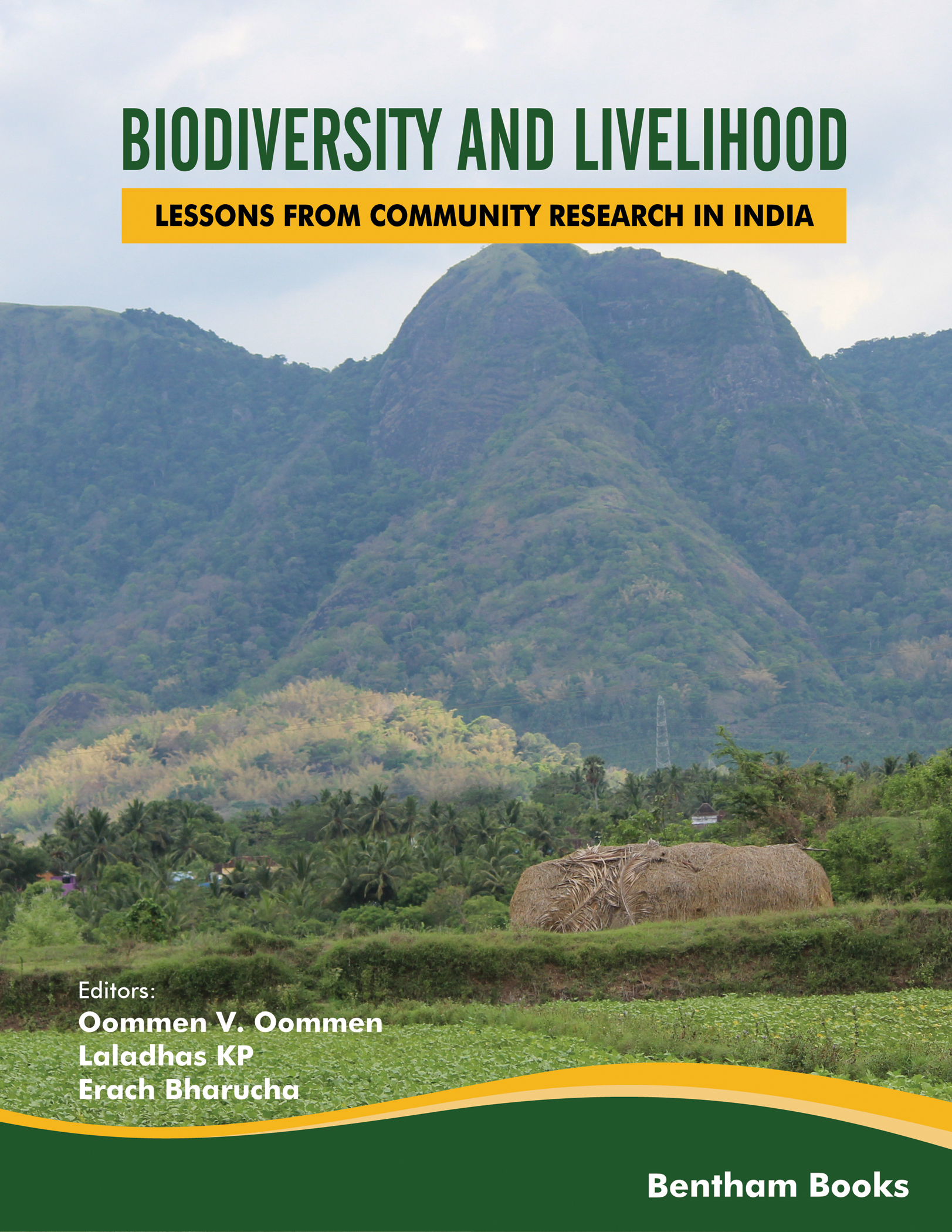Introduction
Biodiversity and Livelihood: Lessons from Community Research in India
Is a compilation of research articles on the ecological biodiversity and local conservation efforts of selected regions in India, and among local communities throughout the county. 18 chapters have been contributed by experts in ecology, sustainability and ethnic studies in India. The chapters provide information on a wide range of tops which cover local communities, their agricultural practices and the ecological relationships between their community and the species on which their livelihood depends. Contributions emphasize different aspects of these topics, such as observational ecological information about the aforementioned regions and communities, the local biodiversity, tribal customs of ethnic communities that are linked to conservation, specific programs which are aimed at the conservation of specific plant and animal species endemic to the region, the benefits shared by the communities involved with conservation programs and recommendations shared by the authors for sustainable management of the regional ecosystem and its resources. Readers will find a wealth of information about biodiversity conservation in different regions in India (most notably the western and eastern ghats and provinces such as Kerala and Andhra Pradesh), from a basic and applied perspective. The book is, therefore, an informative reference for conservationists, ecologists, environmentalists and ethnologists who are studying the biodiversity and conservation of India. Readers involved in sustainable development programs in the region will also find the content valuable to their knowledge.

